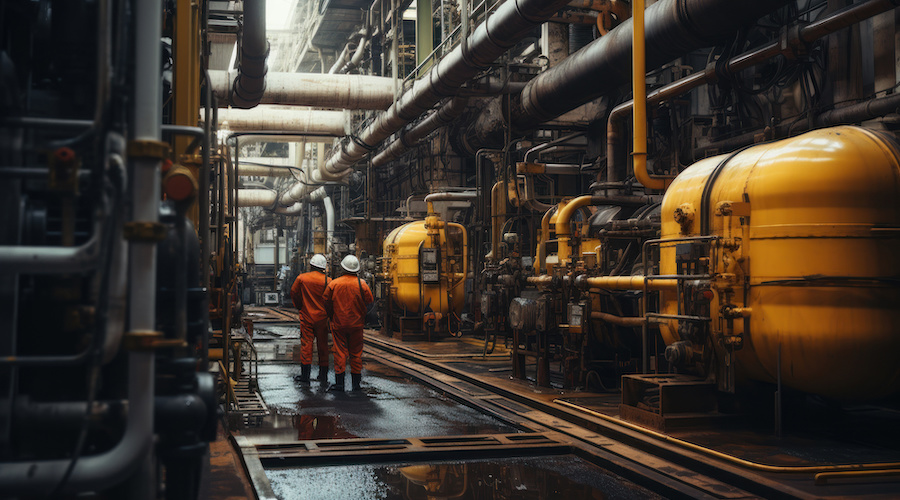Japan adds uranium to list of critical minerals


Japan has added uranium to its list of critical minerals in a move that seeks to reduce its dependence on foreign sources of nuclear element, particularly Russians, and to support domestic exploration and development projects.
The decision, made by the Ministry of Economy, Trade and Industry (METI), comes almost a year after the government of Prime Minister Fumio Kishida vowed to subsidize up to half the cost of mine development and smelting projects for lithium, manganese, nickel, cobalt, graphite and rare earths.
Japan is the world's third-largest consumer of uranium, after the United States and China, but it has no domestic production and relies entirely on imports from countries such as Australia, Canada and Kazakhstan.
According to the Ministry of Economy, Trade and Industry (METI), Japan's uranium reserves are estimated at 6,600 tonnes, which could meet internal demand for about six years.
Up until the Fukushima accident in 2011, Japan was generating some 30% of electricity from its reactors and this was expected to increase to at least 40% by 2017. The plan is now for uranium to supply at least 20% of the nation’s needs by 2030, data from the World’s Nuclear Association shows.
Since 2015, 11 reactors have been restarted and other 16 are waiting for approval.
The inclusion of uranium in the list of critical minerals will allow Japan to allocate more funds and resources for uranium-related research and development, as well as to strengthen its cooperation with other countries that share its interest in securing a stable supply of the mineral.
While public opposition and legal challenges to nuclear power in Japan remain strong, some experts argue uranium is essential for Japan to achieve its goal of net-zero greenhouse gas emissions by 2050.
THIS ARTICLE WAS FIRST POSTED ON MINING.COM
Comments